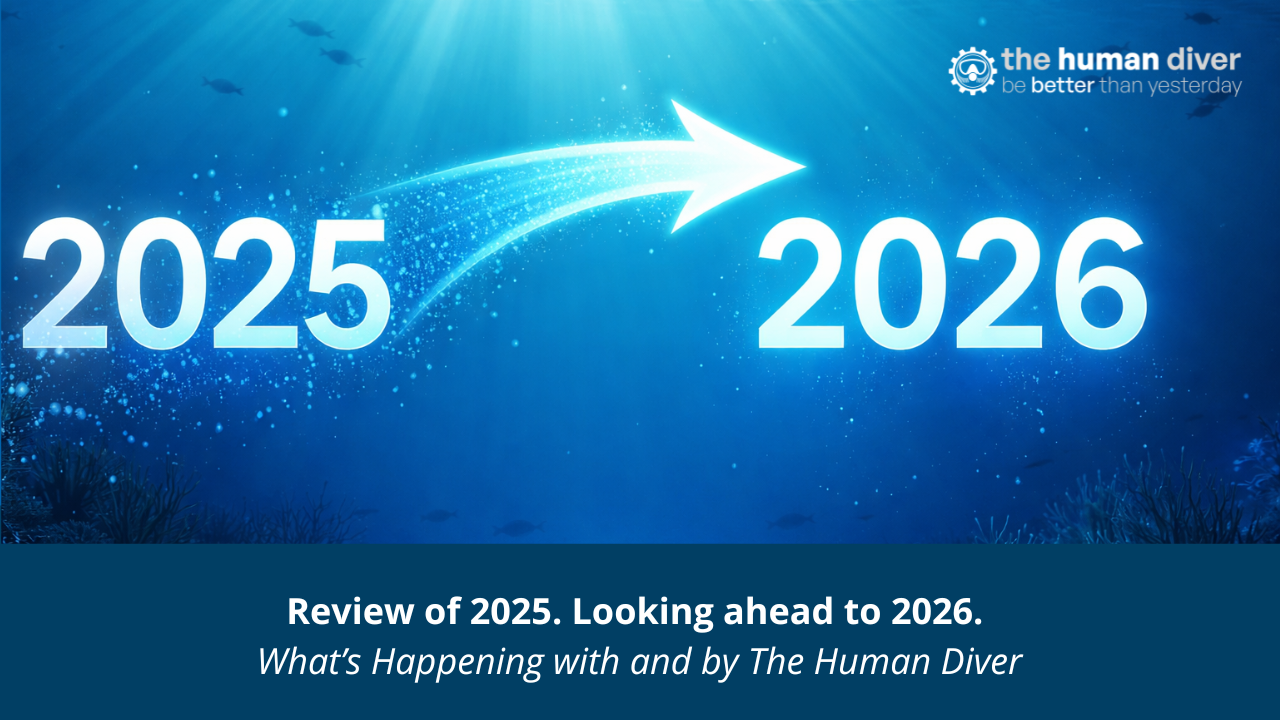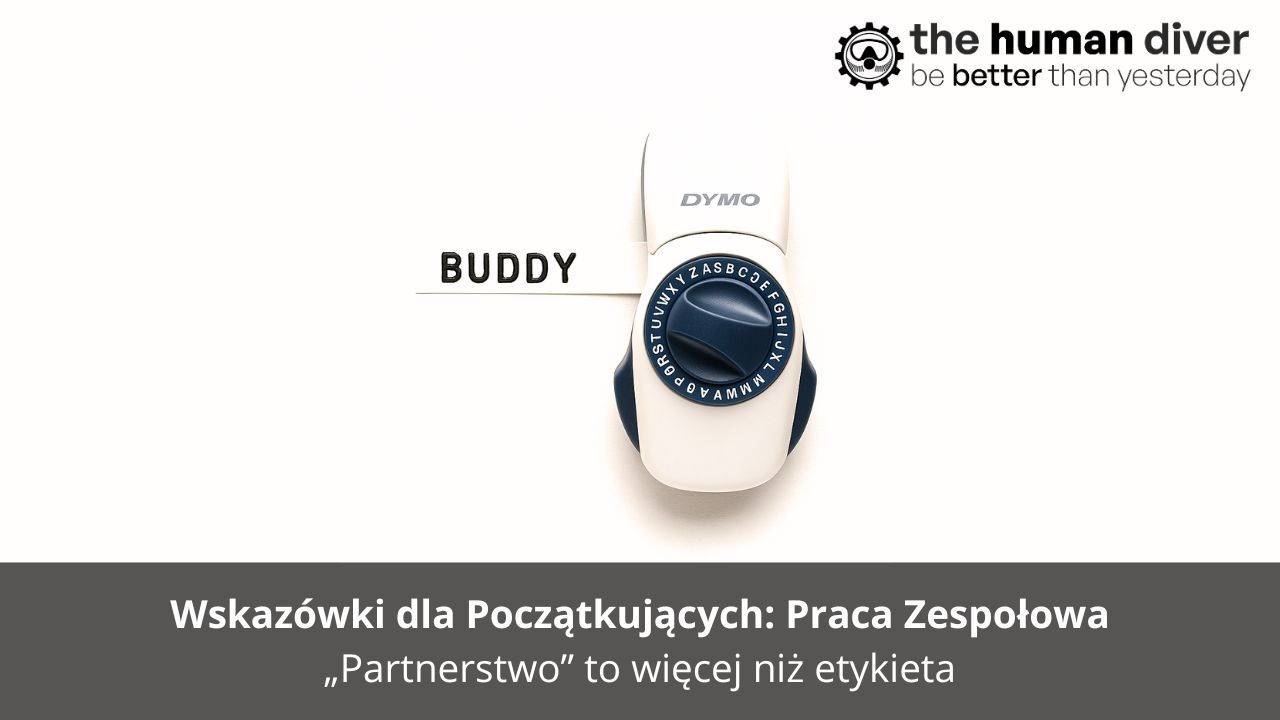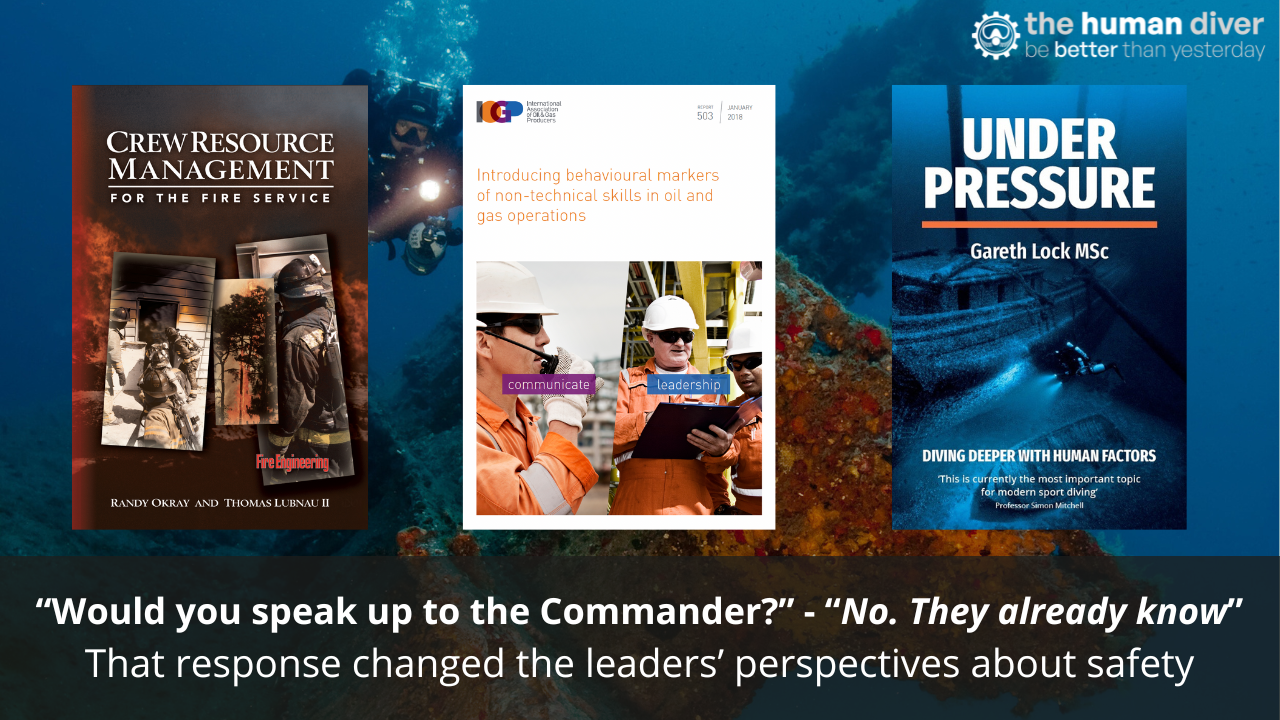
Running out of gas- Why does this happen and how can we prevent it?
Jun 19, 2024I ran out of gas while diving this week. As I’m still here to write this it’s fairly obvious that I’m ok, and anyone who’d been watching me at the time might not have even realised there was a problem. We tend to judge things by their outcome (a phenomenon known as “outcome bias”) and because I survived and don’t even have a dramatic rescue story it’s easy to dismiss it as a little mistake. If the outcome had been different however, I can imagine the sort of discussion that would occur.
Instead of focusing on the outcome, let’s look at the situation, the story of what happened, why it made sense to me at the time….and what I will try to do differently next time.
I was running a tech course with a group of four students (the maximum allowed and the maximum I would feel comfortable taking even if more were permitted). It was day three, dive number four. The dive was a shore dive to 40m (130ft), with a very conservative deco schedule. We were all carrying two 11 litre (AL80) tanks containing our back gas, the students all had two 11 litre deco stages and I had two 6 litre (AL40) deco stages, more than double the amount everyone required even at the highest consumption rate. The water was 24C (75F), clear and calm. The plan for the dive was to follow the gently sloping bottom to 40m, continue along the reef, and ascend and complete the deco stops as we returned to the exit. Just before the exit (after all deco was complete) we were going to practise deploying delayed surface marker buoys (dSMB).

The dive went as planned. At the bottom, before the end of the bottom time I assigned an out-of-gas problem to one diver, at which point her buddy donated gas and they all began their ascent. The deco went as planned and I could see on my computer that we would all be well clear of deco before we even got to our final 6m stop. This was by design, to ensure that there was plenty of room for the students to make mistakes safely if they had any problems following the plan. At 6m I decided to stay on my 50% deco gas rather than switching to my oxygen just in case anyone had any problems so I could descend if necessary. I would still be well clear of computer deco before the end of the planned deco time.
Once the students indicated the planned decompression time was finished, I asked them all to switch back to their back gas to ensure no one would run out. We still had around a 10 minute swim to the exit, and the dSMBs to practise with. When we got to the exit, I asked the first student to deploy their dSMB. It was in the middle of watching this that I realised my regulator was getting harder to breathe from. I quickly switched to my back gas and continued.
And that’s it. Very boring, and not at all dramatic. However, I clearly did a very stupid thing. The inability to breathe underwater is fatal, so running out of gas is the worst problem we can possibly have. In this case (and in a lot of out of gas cases) it happened because I wasn’t monitoring my gas. When I first switched I had thought to myself “I need to keep an eye on it as I only have a 6l” but promptly forgot that important point. When I asked my students to switch it didn’t trigger anything in me to remind me that I also probably needed to switch. It’s easy for me (or anyone reading) to say I should have switched….but that doesn’t help anyone. I know I should have switched! I know I should have monitored my gas! So why didn’t I? Well, for one I was focusing on my students. In hindsight I was focused on them more than on my own dive. This was a fairly routine dive for me, and even the decision to remain on my 50% rather than switch to my oxygen was not unusual. The biggest difference was that I was only carrying a 6 litre, rather than the 11 litre that I normally use. I had calculated that this would still be more than enough to complete the deco even without using my other deco stage, but what I hadn’t taken into account was the extra 10 minute swim to the exit and the time to practise deploying dSMBs. This then flags up something even more important- how much do I actually monitor my gas during these dives? Would I have looked at my pressure gauge if I had been carrying my usual 11 litre? I believe that is actually my main problem- I have become complacent (or efficient?!) with my gas management as I normally have more than enough so haven’t been forced to look at it often.

It’s ironic, considering one of the things I try to instil in my students is a high level of situational awareness. This example has reminded me that often the most dangerous dives are the ones where we feel the most comfortable because we allow ourselves to switch off to a certain degree. When I’m in a new dive site, with a new buddy or doing something unusual I find myself checking everything far more than on a “routine” dive. I hope I can learn from this incident and go back to checking everything more frequently, as I would in a new, or less familiar, situation.
Summary
A lack of situational awareness can affect everyone. Ensuring awareness is kept high on routine dives takes practice, and is easily lost when you have had many dives go well without any incidents. Should have, would have, could have doesn’t help anyone learn- we need to go back and look at how it made sense to that person at that time. It’s easy to blame complacency but we will naturally lean towards efficiency when things are going right, so putting measures in place to try and prevent this may help, unless there are easy work-arounds, in which case they can end up making things even more dangerous. Finally, doing a debrief and having a good level of psychological safety in a team allow these kinds of mistakes to be shared, ensuring we can all learn from them. We had a long debrief after this dive and I was able to admit to my students what had happened. I hope they also learnt from this.

Jenny is a full-time technical diving instructor and safety diver. Prior to diving, she worked in outdoor education for 10 years teaching rock climbing, white water kayaking and canoeing, sailing, skiing, caving and cycling, among other sports. Her interest in team development started with outdoor education, using it as a tool to help people learn more about communication, planning and teamwork.
Since 2009 she has lived in Dahab, Egypt teaching SCUBA diving. She is now a technical instructor trainer for TDI, advanced trimix instructor, advanced mixed gas CCR diver and helitrox CCR instructor.
Jenny has supported a number of deep dives as part of H2O divers dive team and works as a dive supervisor and safety diver in the media industry.
If you'd like to deepen your diving experience, consider taking the online introduction course which will change your attitude towards diving because safety is your perception, visit the website.
Want to learn more about this article or have questions? Contact us.










